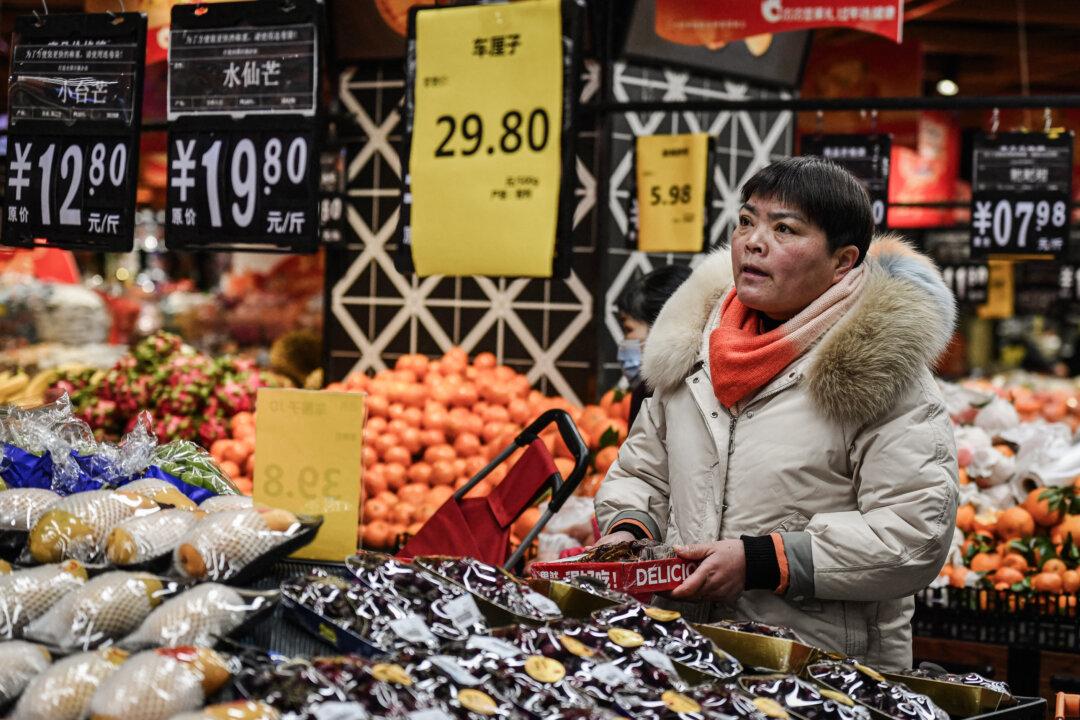Commentary
China’s third-quarter economic data show a continued slowdown, making it unlikely to meet its 2024 gross domestic product (GDP) growth target.

China’s third-quarter economic data show a continued slowdown, making it unlikely to meet its 2024 gross domestic product (GDP) growth target.